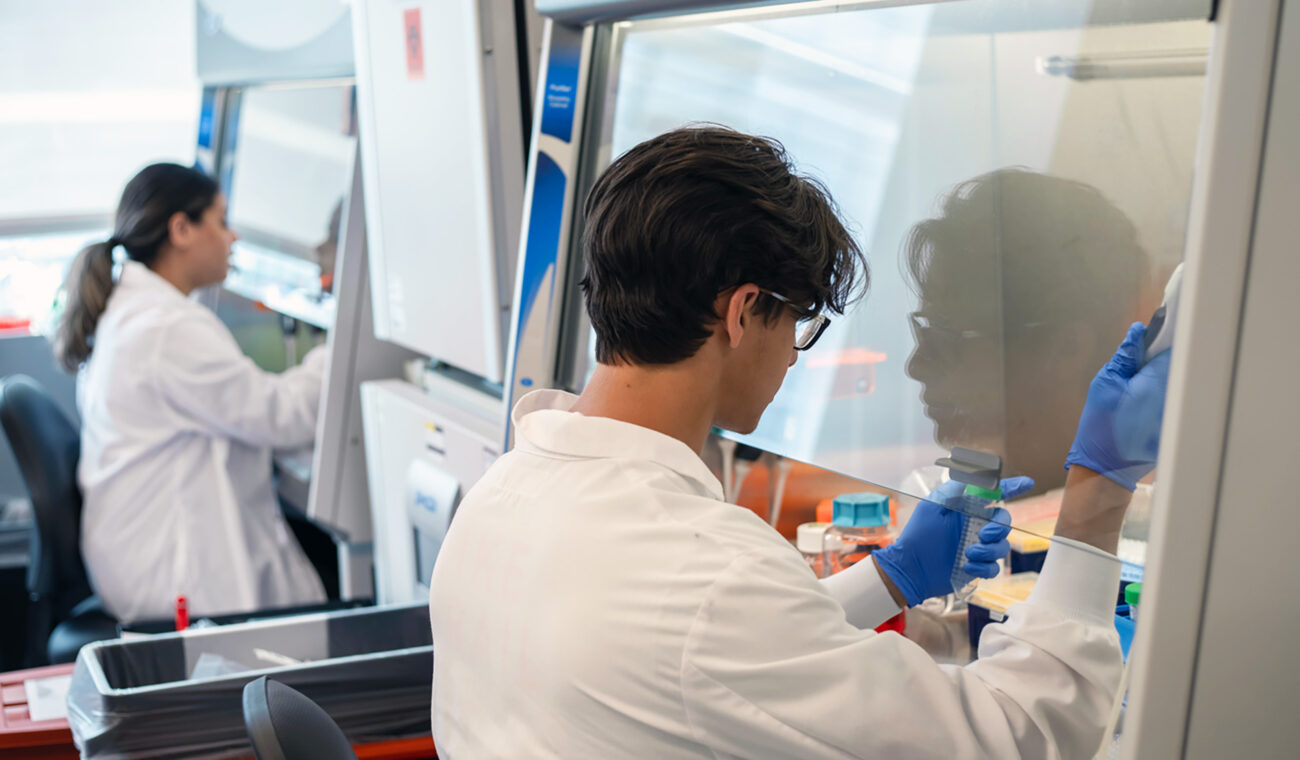Platform
Platform
The immune system is at the center of human health and disease.

Overview
We are building a high resolution map of the immune system in order to inform drug discovery and development decision.
Prioritize trial arm or patient subgroup
Validate therapeutic hypotheses with deep mechanistic insight
Identify candidate patient stratification biomarkers
Add confidence to preclinical efficacy and safety evaluation
Identify targets with the highest potential for therapeutic impact
Solutions
Immunai’s platform enables novel, data-driven insights that reveal actionable therapeutic targets and accelerates drug development for immune-modulating medicines.
AMICA™ – the world’s largest cell-level immune knowledge base
Immunai’s rich clinico-genomic data assets are harmonized in AMICA™, the – Annotated Multi-Omic Immune Cell Atlas. Fed by massive scale curated public -omics data and proprietary cohorts and experiments, AMICA™ covers 10s of millions of cells across hundreds of disease settings, and is growing rapidly. AMICA™ is the data foundation that powers our immune models and our therapeutics discovery and development efforts.
Immunai data foundation
Deep, multiomic
Single cell profiling of clinical cohorts
Dynamic
Functional genomics platform for multiplexed perturbations
Broad, curated
Data from public sources
Unified
Clinical and immunological annotations for integrative analysis
5-6k
Studies
350+ Sc studies
800+
Cell types
80 Immune cell types
500+
Diseases
100K+
Patient samples
Curated public transcriptomics data
Immunai has created the world’s largest compendium of deeply curated transcriptomic data, which covers a wide range of research and therapeutic areas. The use of controlled vocabularies, stringent quality control, accurate cell-type annotation, data normalization, and peer-review by domain experts, enables machine learning and interpretation of biological phenomena across organisms and diseases.
Integrated, end-to-end platform
Our integrated end-to-end platform components are designed to provide actionable clinical decision support, from therapeutic query to actionable recommendation.
Generate
high resolution multi-omic single-cell data from clinical and preclinical experimental samples
Augment
with our harmonized data and knowledge foundation for maximal analytical power
Compute
novel immune insights by applying our ImmunoDynamics Engine analytical framework
Validate
in silico hypotheses in the lab
Recommend
provide actionable recommendations for your therapeutic query
We optimize the design and interpretation of preclinical model systems to better recapitulate human physiology and evaluate drugs
Knowing if and how patients will respond to a new immunotherapy remains opaque.
Most drugs are studied with reductionist methods in preclinical model systems that do not adequately reflect human disease physiology, leading to a high rate of failure when those drugs advance into the clinic.
Our foundation of patient-derived single-cell data enables us to design in vitro model systems with the greatest predictive power for a specific therapeutic hypothesis. After testing candidate drugs in those model systems, we map the experimental results back to the patient-derived data foundation using our data-driven machine learning pipeline. In this way, we are able to determine which drugs are most likely to perform well in the clinic and to identify patient populations most likely to respond to a particular drug.